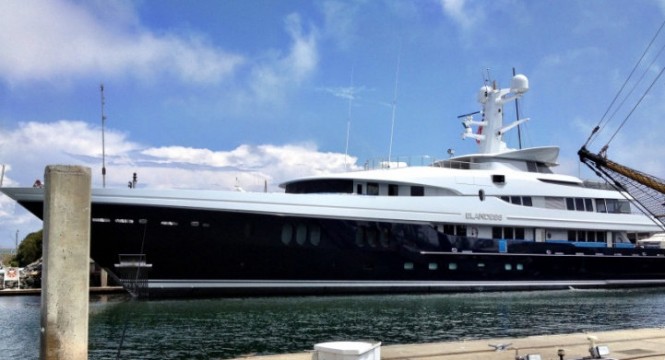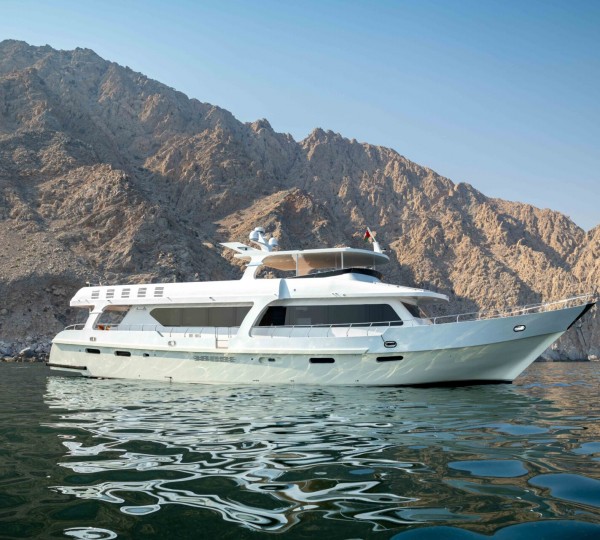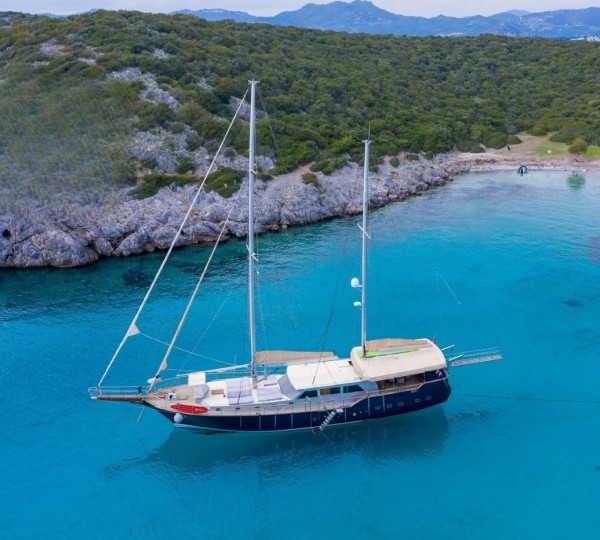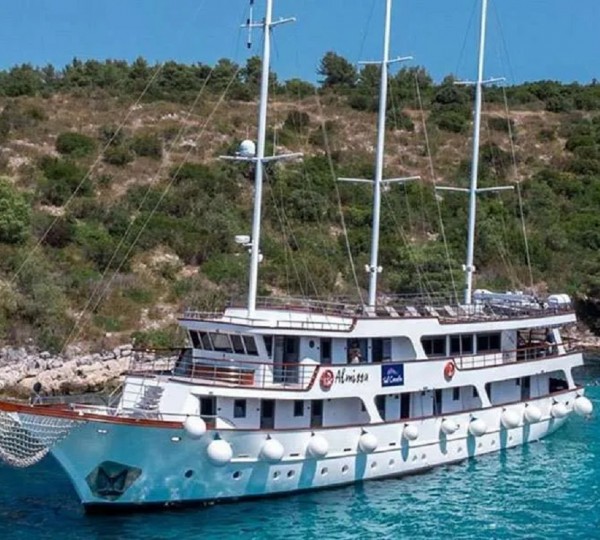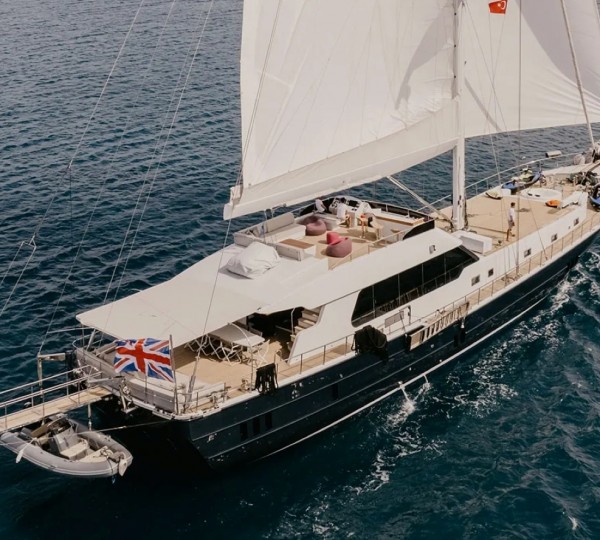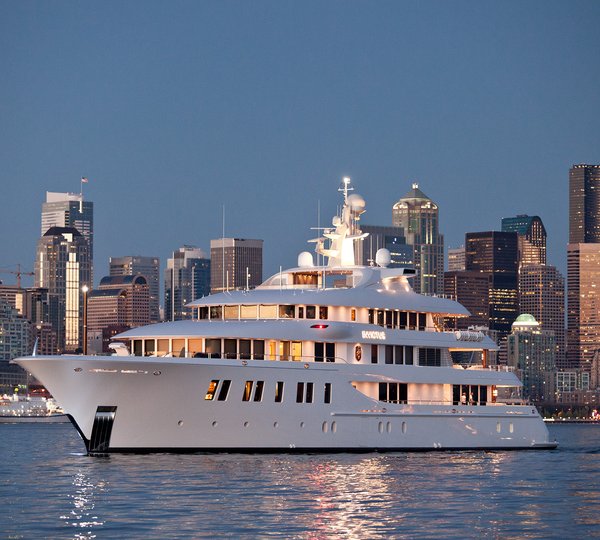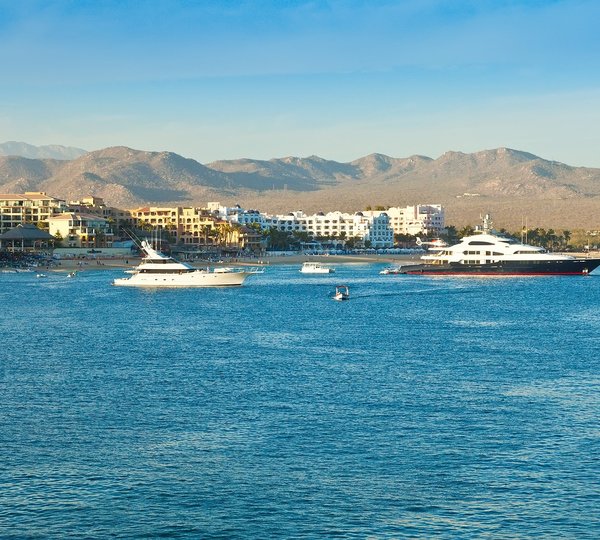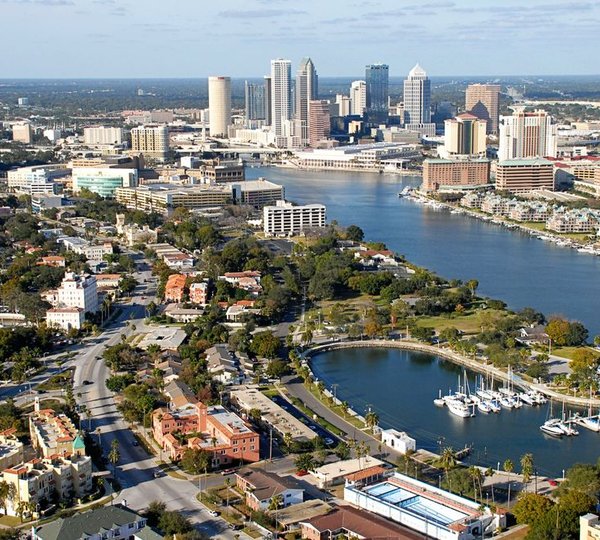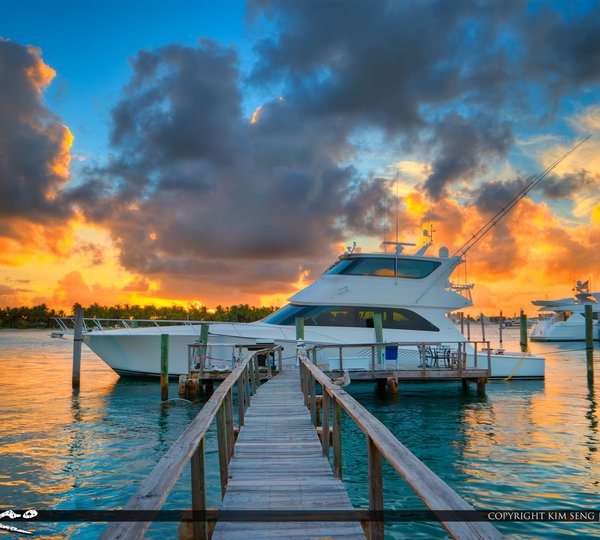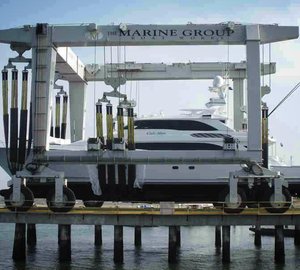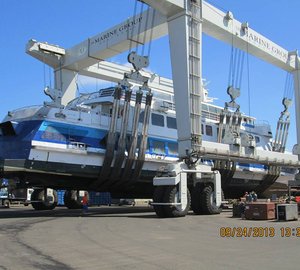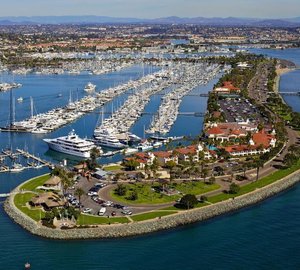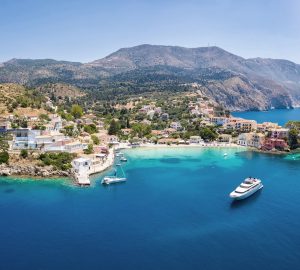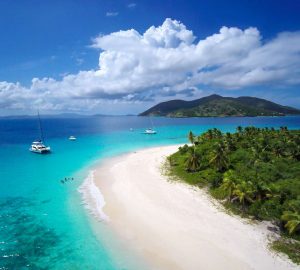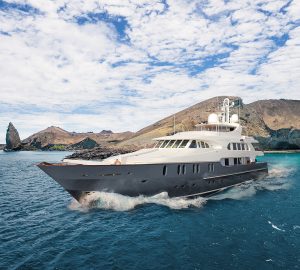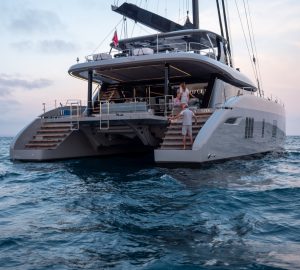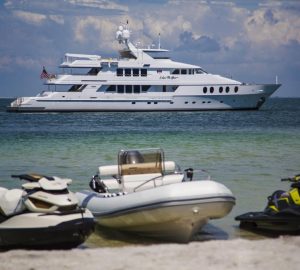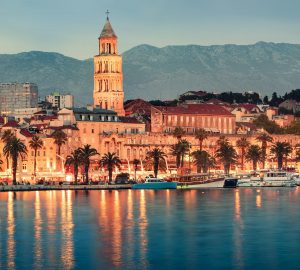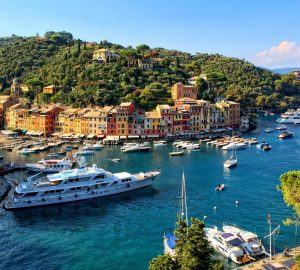Last month saw Governor Jerry Brown sign a legislation introduced by a coalition of San Diego superyacht businesses led by Vice President Todd Roberts of Marine Group Boat Works and championed by Assemblyman Martin Garrick. Assembly Bill 2005 will improve commerce by facilitating bureaucratic regulations for large recreational vessels entering California harbours.
“Our coastal cities and towns rely on tourism, and AB 2005 will make it much easier for California to roll out the welcome mat. With the America’s Cup already underway we can expect an influx of large private yachts visiting California. My legislation will ensure those recreational and tourism dollars will be spent here rather than ports in Mexico or neighboring states,” said Garrick.
Under current law, non-commercial vessels greater than 300 tons have to comply with onerous and costly reporting requirements prior to entering California waters. Assembly Bill 2005 maintains the reporting requirement but allows vessels an expanded timeframe for compliance.
“As a small business owner, it’s refreshing to see action being taken on legislations that benefit the economy. It’s even more refreshing to see lawmakers work with businesses rather than creating barriers for their growth,” said Ann Kinner, owner of Seabreeze Books and Charts in San Diego. Kinner played a key role in introducing Roberts as a marine industry expert for Garrick to source.
Roberts, a California Maritime Academy graduate, oversees two superyacht facilities in San Diego – Marine Group Boat Works, a refit facility with the capacity to lift and service vessels up to 220 feet, and Fifth Avenue Landing, a boutique marina located downtown. Roberts, among brokers, marina managers, yacht agents and other professionals in the San Diego yachting industry, worked together to take legislative action.
“Don’t underestimate the power of our political system. This is a prime example of how important and effective it can be to know your local politicians and to write those letters of support,” said Roberts.
Roberts worked closely with Garrick to get the bill approved. During Senate hearings, Roberts pointed out that incoming superyachts would bypass California often and stopped to resupply in Mexico, Washington or Oregon instead. Yacht owners would rather avoid California than to deal with the state’s burdensome and time consuming reporting requirements.
“We see firsthand how a yacht impacts our local economy. In the last three years, Marine Group Boat Works spent an average of $7 million on materials and services within a 15 mile radius of our facility, so you can see how port visits for fuel, food, supplies, services, accommodations and repairs can easily translate to millions of dollars,” said Roberts. “For a yacht owner to be deterred by state regulations is detrimental to our economy.”
According to an economic impact study conducted in 2002 for the Marine Industries Association of South Florida, a trade group based in Fort Lauderdale, and the Broward Alliance, a public/private economic development organization, for every $1 spent on yacht repairs, another $7 goes into the local economy, as owners and crews seek hotel rooms, restaurants, shopping and entertainment during the repair process, which can take anywhere from a few days to more than a year, depending on the scale of the project.
The revenue potential for local coffers is huge, as yacht owners can expect to spend at least 10 percent of the vessel’s purchase price in routine maintenance. For Florida’s Miami-Dade, Palm Beach and Broward Counties, superyacht owners contributed more than $576 million to the local economy.
“I worked with various state agencies, boating enthusiasts and industry representatives for several months to craft a measure that would maintain environmental safeguards but create a more efficient and realistic reporting timeframe. I believe AB 2005 will greatly benefit our local economy and California as a whole,” said Garrick.

